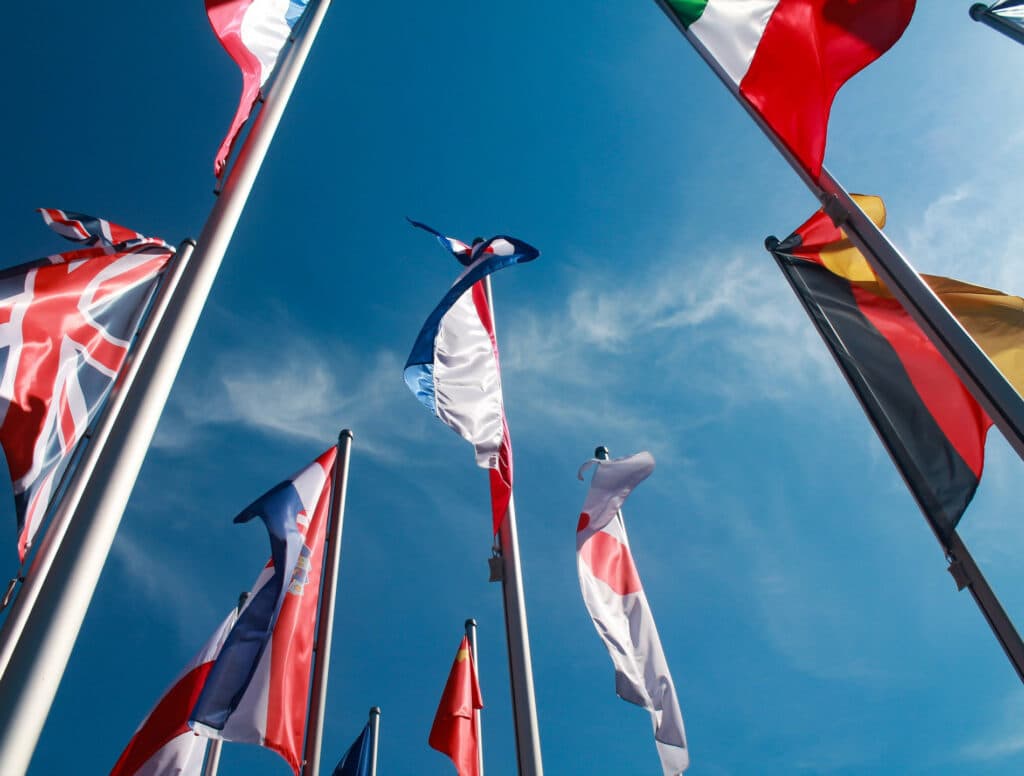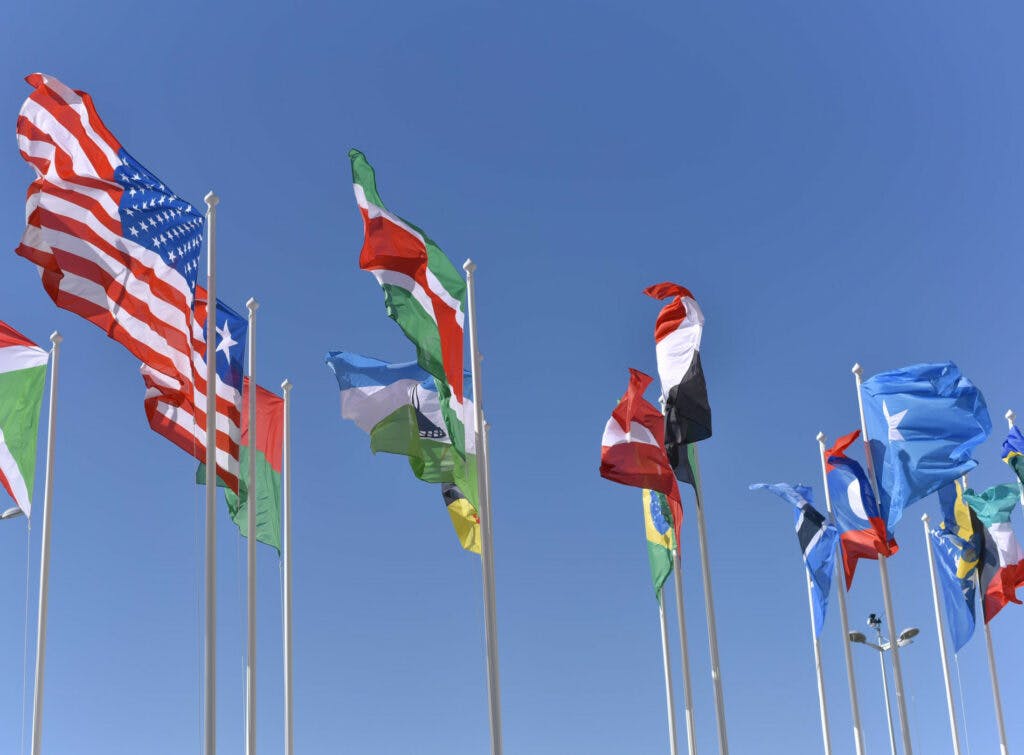
What should a state do if it violates international law?
The responsibilities of states to cease violations of international law and provide reparations.
States have an obligation to immediately cease unlawful conduct, guarantee non-repetition, and make full reparations for the harm caused. Such reparations can take different forms.
If a state violates international law, it is responsible to immediately cease the unlawful conduct and offer appropriate guarantees that it will not repeat the illegal actions in the future. The state also has a responsibility to make full reparations for the injury caused, including both material and moral damages.
What is meant by reparations?
The right to reparations is part of the obligation of the wrong-doing party to redress the injured party and part of the right of victims to effective remedy for violations of their rights. Reparations can take the form of restitution, compensation, rehabilitation, or satisfaction, and should be proportionate to the damage caused. Reparations can include:
Restitution: To re-establish the situation which existed before the violation was committed, as long as it is not materially impossible or involves a disproportional burden either by returning the material or if this is not possible, by paying the value of it. Examples: releasing persons who have been illegally detained, return property that was illegally seized.
Compensation: Financial compensation for the damages caused (in addition to the value of material that could not be restituted). This includes compensation for material damages that can be valued in money, such as loss of income and treatment for physical harm; or non-material damages, such as lost opportunities of education, as well as mental harm.
Rehabilitation: As money can never undo psychological harm and trauma caused by violations of international humanitarian law (IHL) and human rights, rehabilitation shall be offered for the victims’ healing process. Rehabilitation should include medical and psychological care as well as legal and social services.
Satisfaction: Acknowledgement of the breach, an expression of regret or a formal apology by the violating state.
Guarantees of non-repetition: Acts to prevent breaches from happening again.
Who has the right to reparations?
Traditionally reparations were a mechanism between states. Over time, however, the acknowledgement that it is individuals and not state entities that are often the direct victims of violations of international law has led to an extension of the right to reparations. In particular victims of genocide, crimes against humanity, war crimes, and torture have a right to full and effective reparation.
When two parties to an armed conflict sign a peace agreement, the victims' right to reparations cannot be negotiated away. The right to reparations is a non-derogable – a fundamental – principle in international law that victims of conflict have the right to reparations.
Where can the right to reparations be enforced?
The right of victims to reparations can be enforced either on the international or national levels. Individuals may claim damages in a national court of the violating state, international or regional courts, or in certain cases before a court of a third state.
States may introduce their own reparations programmes. For example, Argentina, after the military dictatorship in the 1980s, set up such programmes, whereby large numbers of individuals received damages, without having to stand the same high threshold for evidence as in a court.
Agreements between states also can lead to reparations programmes, such as the one between Germany and Israel for violations of the Nazi regime in the Second World War.
Claims between two states can be brought to the International Court of Justice (ICJ) in The Hague. The Court can also issue an advisory opinion that may recommend reparations be provided by the violating state.
The International Criminal Court (ICC) can issue reparation orders and ask the Court’s Trust Fund for Victims to compensate victims of crimes, following the conviction of individuals.
Reparations can also flow from a UN Security Council resolution, which can establish an obligatory reparation mechanism. For example, after the Iraqi invasion of Kuwait, a UN Compensation Committee (UNCC) was established, through which Iraq paid damages to numerous companies, states, and individual victims who suffered damages in Kuwait.
In states with a history of massive violations of human rights and IHL, Truth Commissions can be a way to reconcile a divided country, and make reparations in the form of satisfaction. Truth Commissions are not judicial bodies and cannot impose punishment like a criminal court, but they allow the stories of victims to be told. Truth Commissions were, for example, set up in South Africa after the Apartheid regime, in Sierra Leone after the civil war, and in many South American countries after the end of dictatorships.



